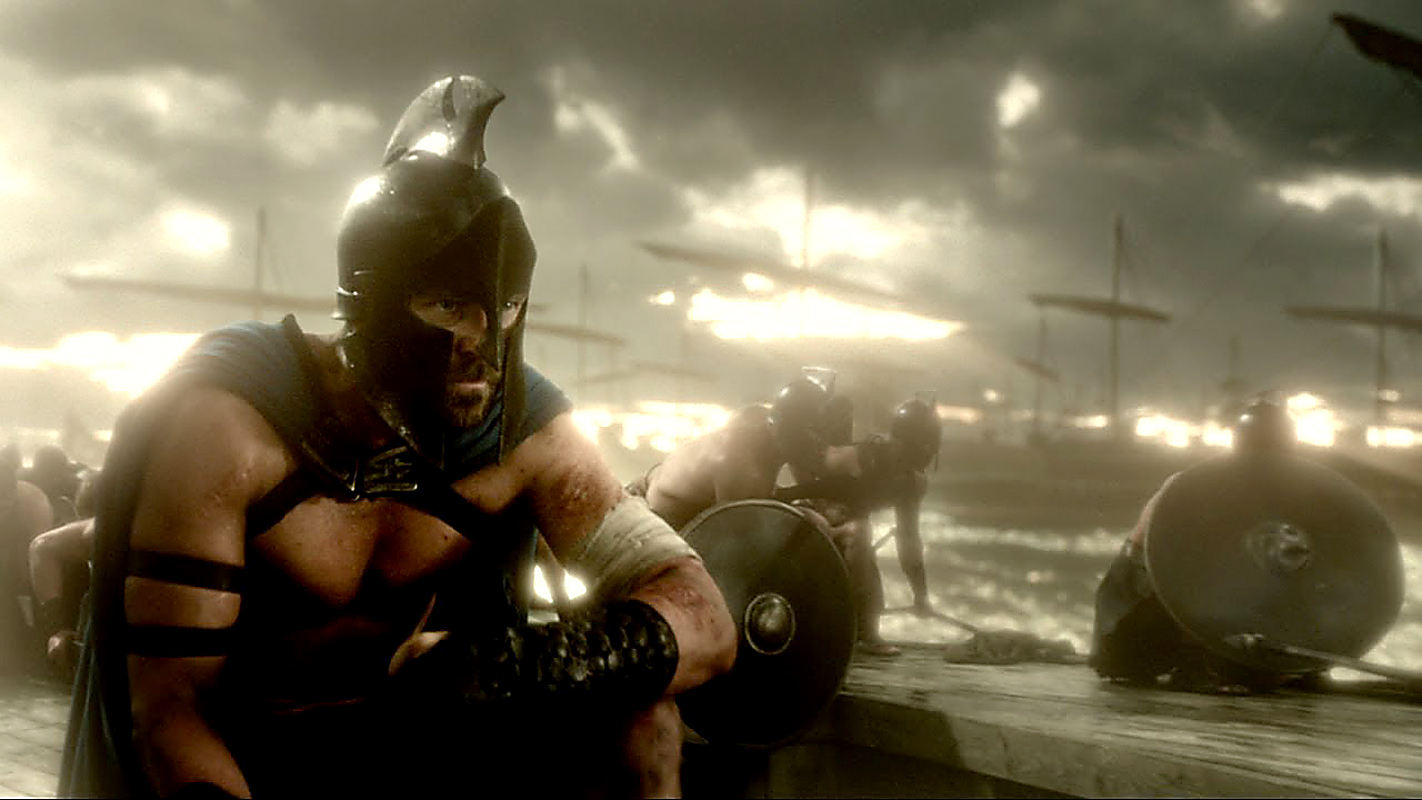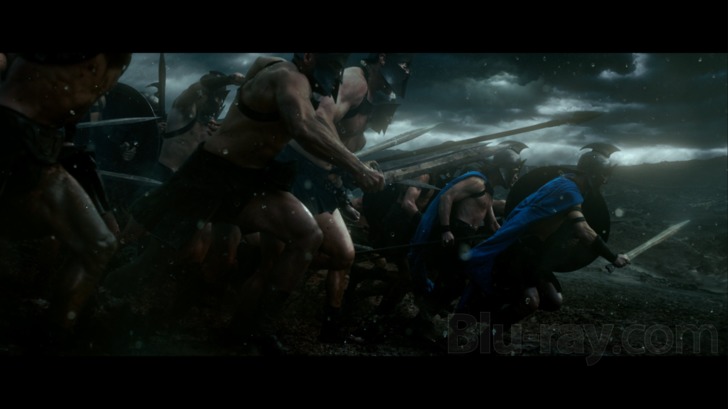

Almost every take of killing (and there are tons of them) involves the stereotypical, slow motion, weapon-inserted-into-the-head/body scene and syrupy blood being spilled everywhere (including on the corners of the screen). Modern action movies have many opportunities for new and unique fight sequences, but the director of “300: Rise of an Empire” takes an old-school route. However, other than the long-winded narration and the hot night on ship (oh, and Green kissing a bodiless head), not much comes of the emphasis on the two strong female characters. Unlike in the male-driven “300,” the story in “300: Rise of an Empire” is told by Queen Gorgo, and one of the key characters Artemisia is a female commander. The famous Battle of Salamis then begins.Īs the two movies are related, the plot and style of them are inevitably compared. In Athens, Artemisia leaves to ready her troops for battle when she learns Themistocles is still alive, against Xerxes’ wishes. Themistokles survives from an explosion.Īt that time, Xerxes has killed Leonidas and his 300 men, and plans to attack Athens. The Persians set the Greek ships on fire and retreat. She offers him a place in her army, but he refuses.Īrtemisia soon exacts her revenge. Artemisia is impressed with Themistokles’ skills, so she has him brought back to her ship and they have (intense) sex. They use tactics to win the battle with fewer troops on the first two days.

Themistokles leads his men to the Aegean Sea. He returns to Persia as the “God-King” and declares war on Greece. Darius’ naval commander Artemisia (Eva Green) then sends him on a training journey in the desert. The king’s son, Xerxes (Rodrigo Santoro), witnesses his father’s death. She tells her men about the Battle of Marathon, during which King Darius (Yigal Naor) of Persia was killed by General Themistokles (Sullivan Stapleton) of Athens. Queen Gorgo (Lena Headey) narrates the whole story. Directed by Noam Murro, the movie tells the stories that happened before, during and after “300.” Just don't try to derive a history lesson from the movie.“300: Rise of an Empire” is not a sequel to “300,” but rather a parallel. But in terms of sheer bloody spectacle, "300: Rise of an Empire" gets a lot of mileage out of sheer venal spectacle. Is there intelligent dialogue, or anything actually emotionally stirring? By my lights, no. Also, the color palette here is more expansive than in Snyder's original: in addition to dun, there's also a lot of blue, a dark gray, and lots and lots of crimson. Every time a sword swipes a battling warrior, the screen fills up with a lake's worth of spurting blood, to the extent that you really start hoping that one of the film's character's suffers a paper cut, just to see what happens. The rest of the film's over-the-topness is pretty purposeful as well.

#300 rise of an empire movie review serial#
The ruthlessness of Green's character is taken to extremes that meld Medea to the cheesiest serial you can name, and is hence delicious. "Rise of an Empire," directed by Noam Munro (who also made " Smart People," which clearly established his 3D action movie bonafides…no wait…) is entirely more engaging by dint of being absolutely impossible to take even a little bit seriously. I hated the Zack-Snyder-directed "300" with a passion: aside from its in-your-face hateful war-mongering sentiments and the aforementioned homophobia, the thing looked as if it had been shot through lenses that had been smeared with dog feces prior to each take. While the first "300," based on a graphic novel by Frank Miller, was relentlessly male-driven in a way that was both relentlessly homoerotic and blithely homophobic, the introduction (no doubt historically inaccurate) of Green's character to the combat changes the sexual dynamic in a way that's pretty ridiculous and also kind of jaw-dropping. And this naval commander, an unusual one by anybody's standards, is both intrigued and vexed by the Athenian, who goes by the name Themistocles, and is played by a stalwart Sullivan Stapleton.
#300 rise of an empire movie review full#
They're coming by ship, and the navy is commanded by the golden boy's sister, Artemisia, played by the sexually intimidating Eva Green, who's going Full Diamanda Galas here, only without the singing. There's one Greek fellow, an Athenian, who believes in the "experiment" called "democracy," and he wants the Spartans to back him up as the fey Persians, spurred by possibly homosexual golden (literally!) boy Xerxes, come to lay waste to his model city.


 0 kommentar(er)
0 kommentar(er)
